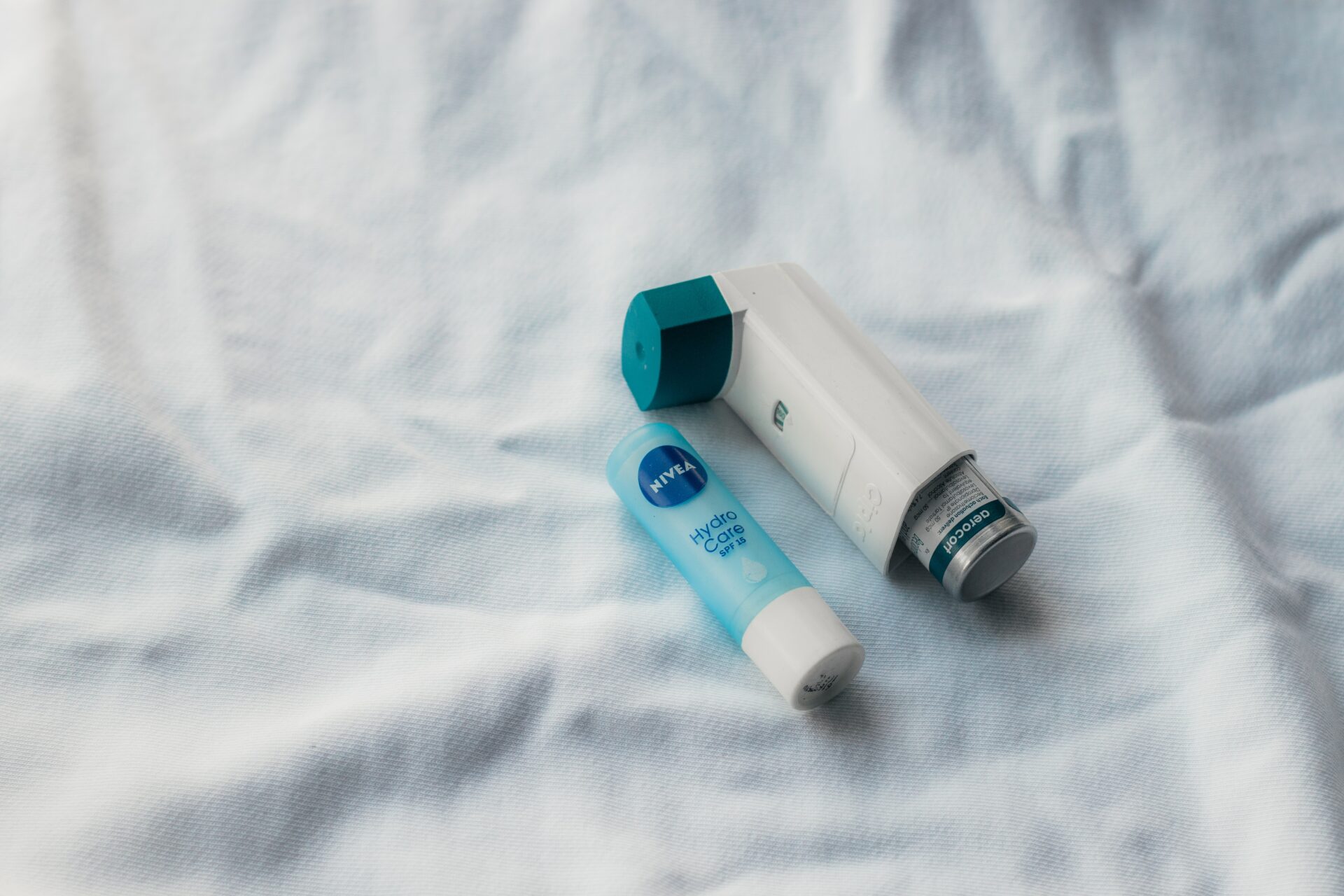Flare-ups are not your fault! While many asthma patients successfully manage their condition and enjoy a good quality of life, unexpected flare-ups are possible. At Charleston Allergy and Asthma, we understand life with asthma can feel challenging. But rest assured; you are not alone. With the proper knowledge and support, you can control your symptoms for a comfortable life. This journey begins with learning what can cause flare-ups in the first place.
Types of Asthma and Triggers
Asthma is a chronic respiratory condition that causes the airways in the lungs to become inflamed and sensitive, making them more susceptible to various irritants. When triggered, airways can narrow, leading to breathing difficulties, coughing, wheezing and tightness in the chest. This condition can be classified into different types based on its triggers. Four common types include:
- Allergic Asthma: Allergens are a significant trigger for allergic asthma, where the immune system reacts to harmless substances as if they were dangerous invaders. Common allergens triggers of allergic asthma include pollen from trees, grasses and weeds; mold and dust mites; and pet dander and pests, such as cockroaches and mice.
- Non-Allergic Asthma: This type of asthma can be a bit more general, as it is triggered by factors other than allergens. Non-allergic asthma sufferers may find symptoms exacerbated by viral respiratory infections, such as cold and flu; air pollution, including vehicle exhaust, industrial emissions and smoke; as well as sudden changes in temperature or humidity.
- Exercise-Induced Asthma: Exercise-induced asthma is a condition where physical activity triggers asthma symptoms. This occurs due to the drying and cooling of the airways during exercise, leading to inflammation and narrowing. However, with proper management and warm-up routines, individuals with exercise-induced asthma can still enjoy physical activity.
- Occupational Asthma: This type of asthma is triggered by exposure to substances common to one’s work environments. Triggers vary based on profession. For example, healthcare workers may be exposed to latex, hairdressers to hair chemicals, bakers to flour dust and construction workers to wood dust or paint fumes.
- Stress-Induced Asthma: In some cases, our bodies may trigger symptoms via strong emotions or stress. This often occurs when laughing, crying, anxiety or anger leads to hyperventilation and airway constriction, worsening asthma symptoms.
Many asthmatic patients have multiple types of triggers. Identifying what triggers your symptoms is the first step to finding relief. By paying close attention to when and where your flare-ups occur, your allergy team can more easily identify their cause. Together, you can create your personalized management plan. For patient’s who suffer from allergic asthma, your board-certified allergist can coordinate allergy skin testing to identify your specific allergic triggers.
Preventing and Managing Asthma Flare-ups
As with all allergy and asthma cases, avoidance is the greatest tactic to evade symptoms. That is…when it’s possible. There will be times when avoiding triggers is out of your control, so building an asthma action plan with your doctor is vital to your comfort and well-being. This plan will outline your specific triggers, daily medications, rescue inhaler use and steps to take in case of worsening symptoms. For patients with allergic asthma, immunotherapy can be an excellent option to desensitize the body to the allergens triggering asthma symptoms.
Breathe easier with Charleston Allergy and Asthma!
Clear the air surrounding your asthma symptoms! Charleston Allergy and Asthma’s board-certified allergy and asthma specialists are ready to support you on the road to allergy relief with allergy testing, personalized treatment plans and immunotherapy treatments. Contact our team to schedule your next allergy appointment.




